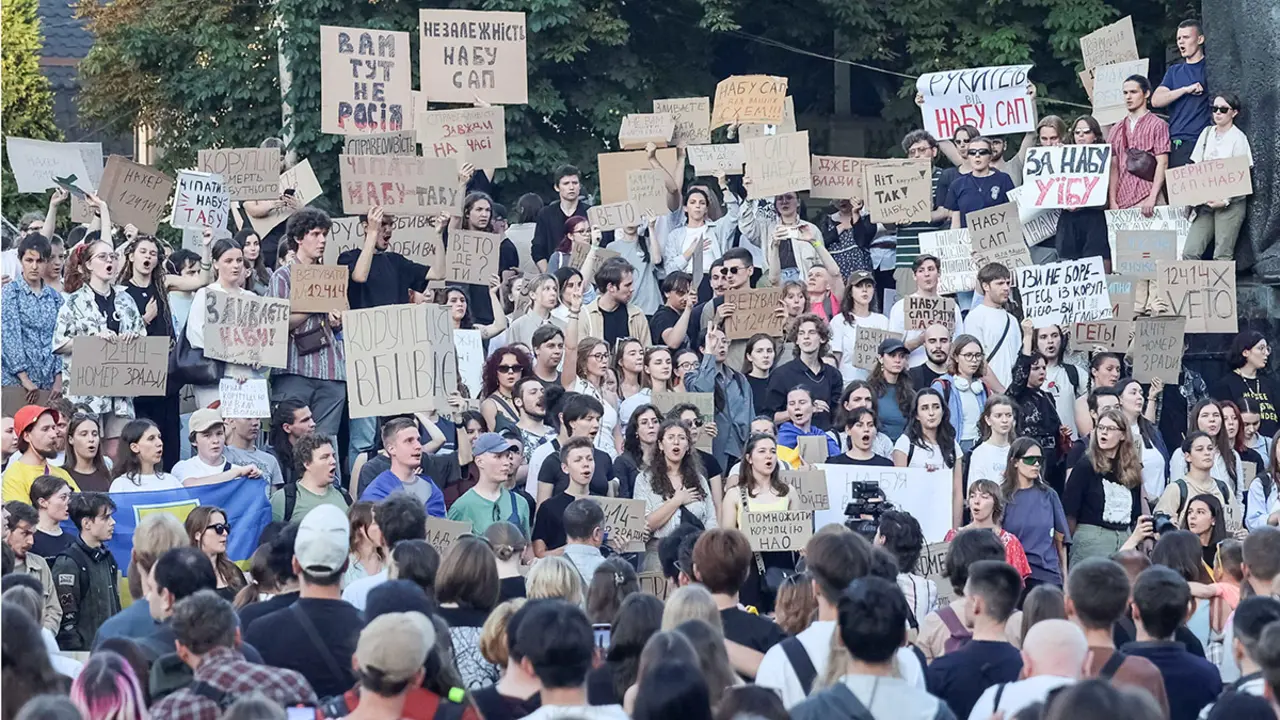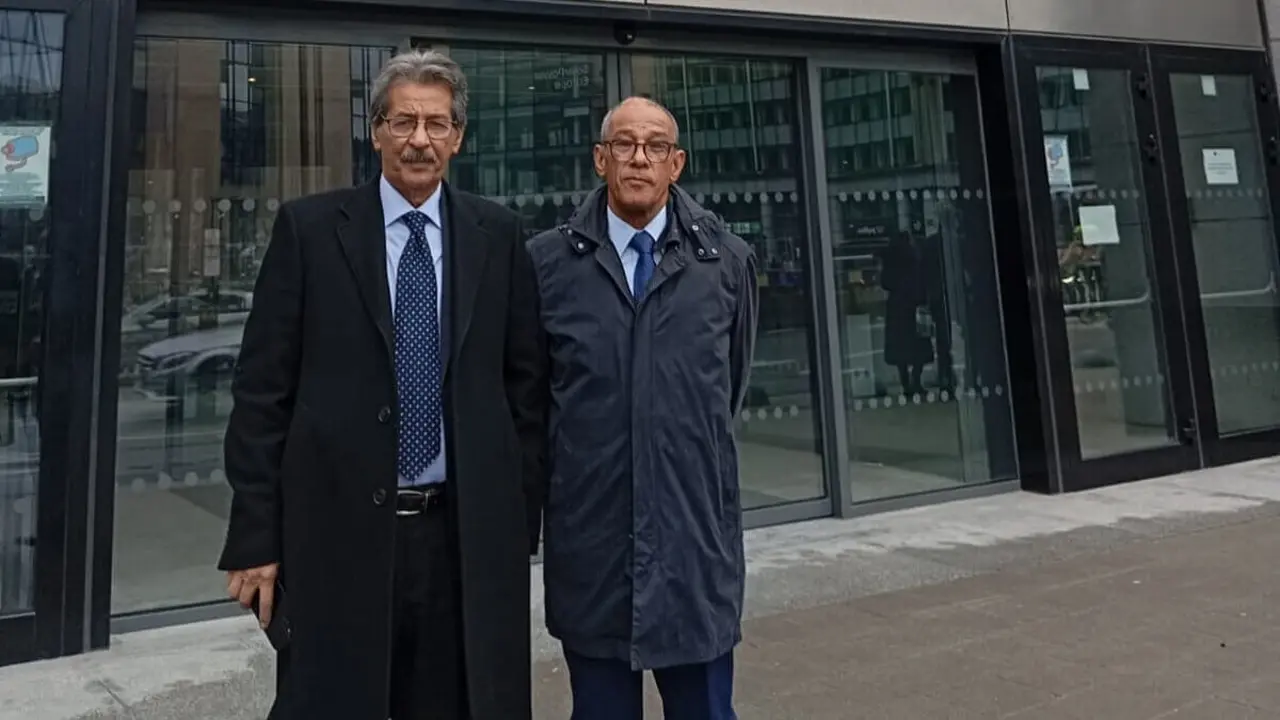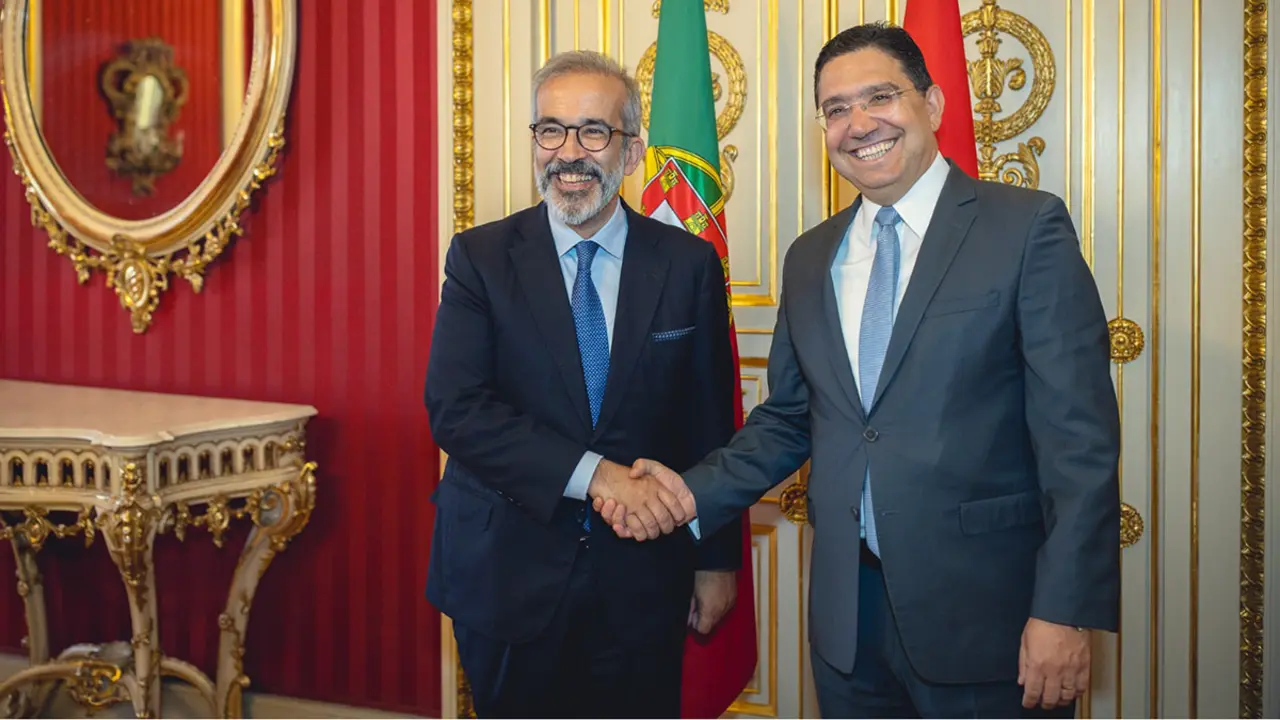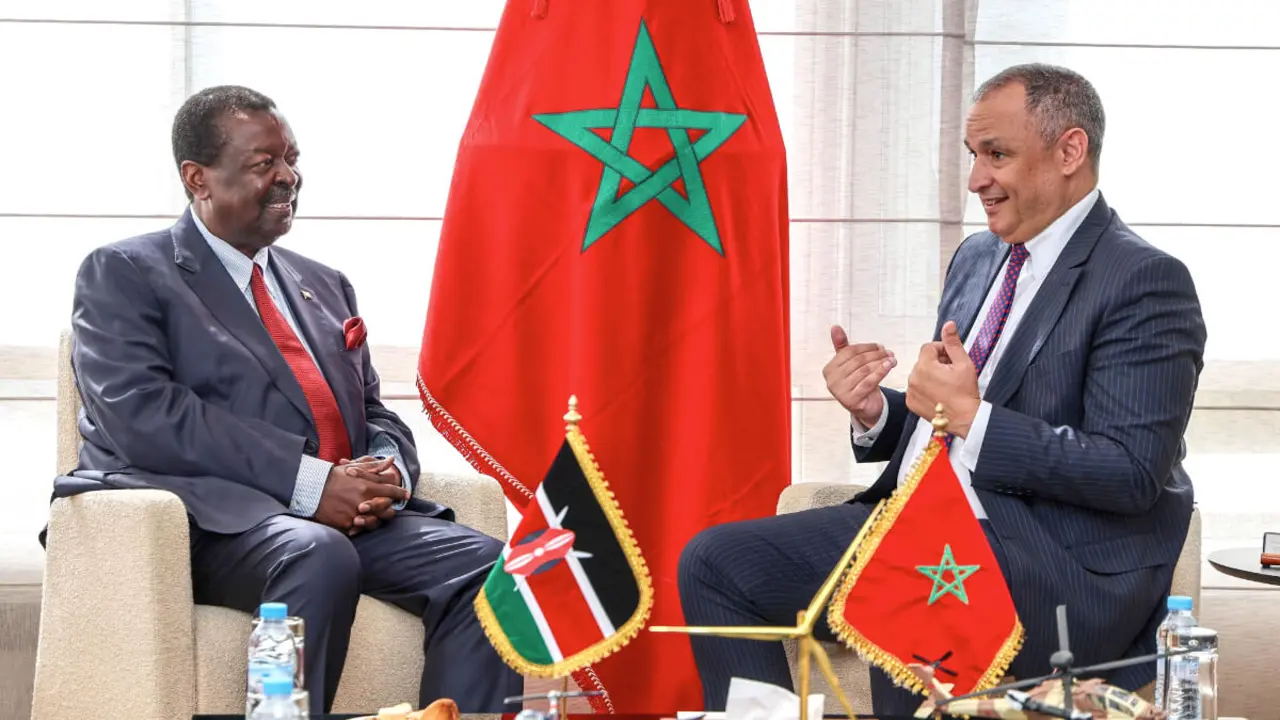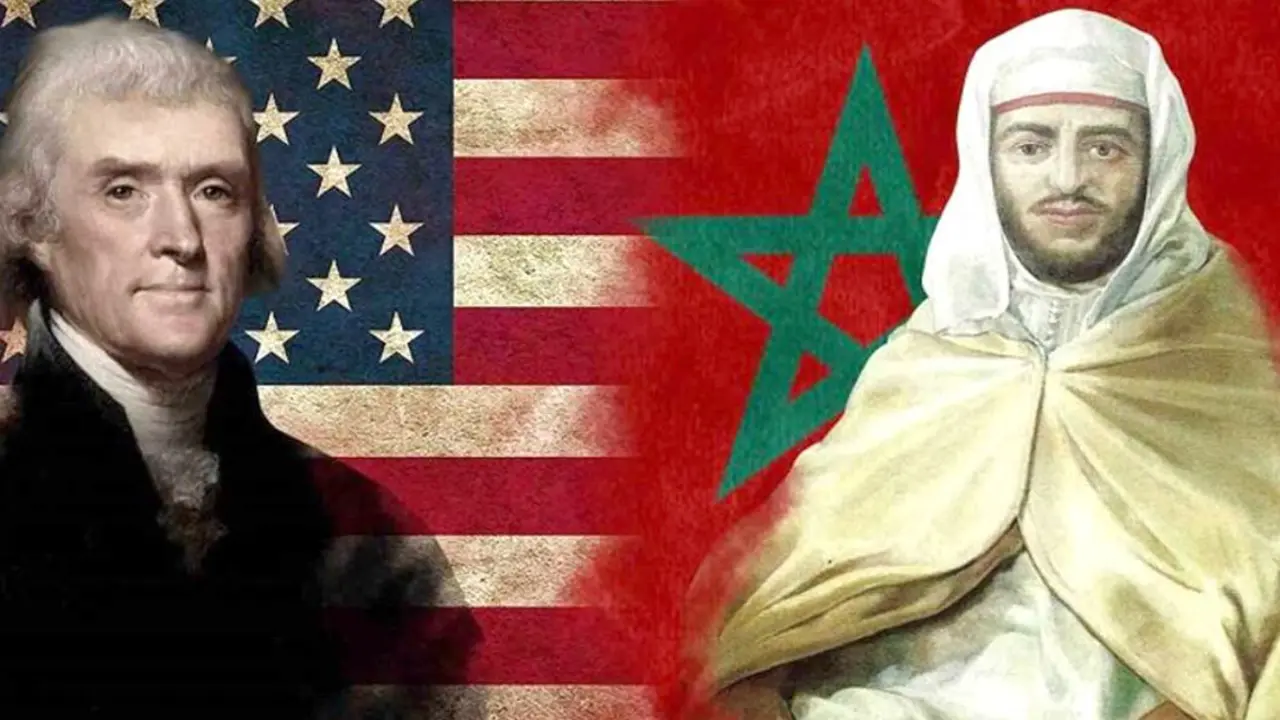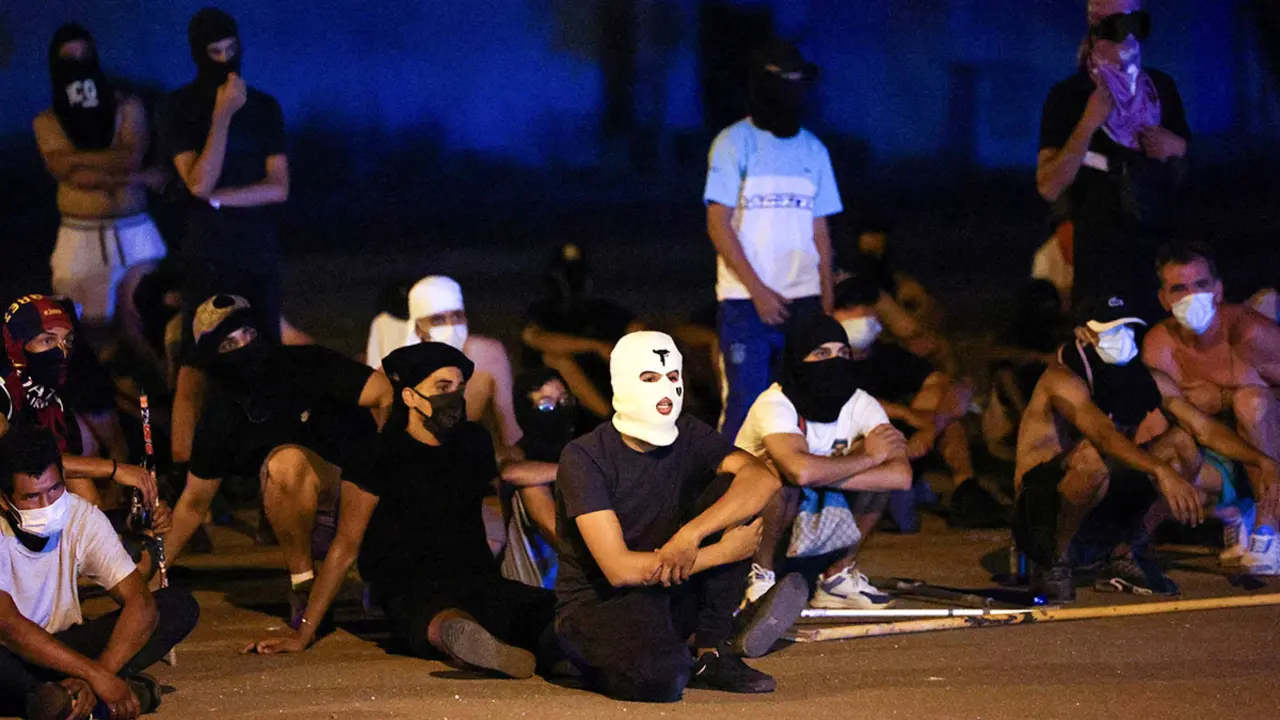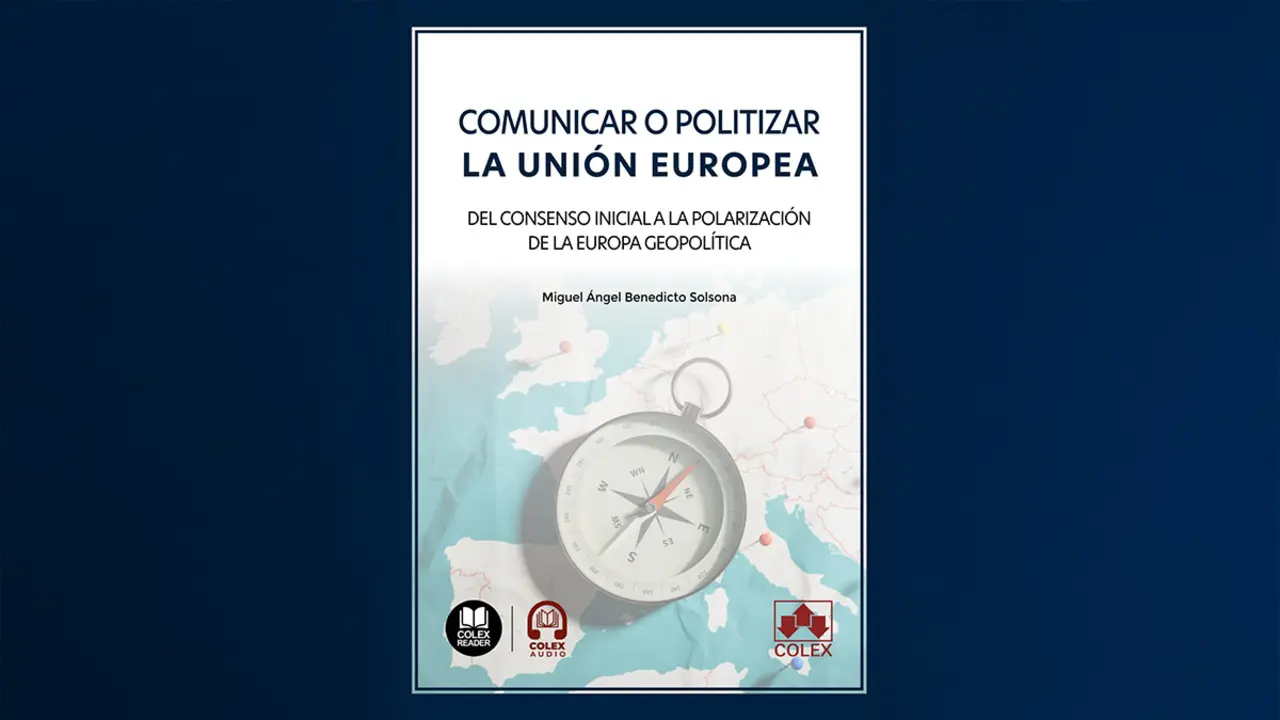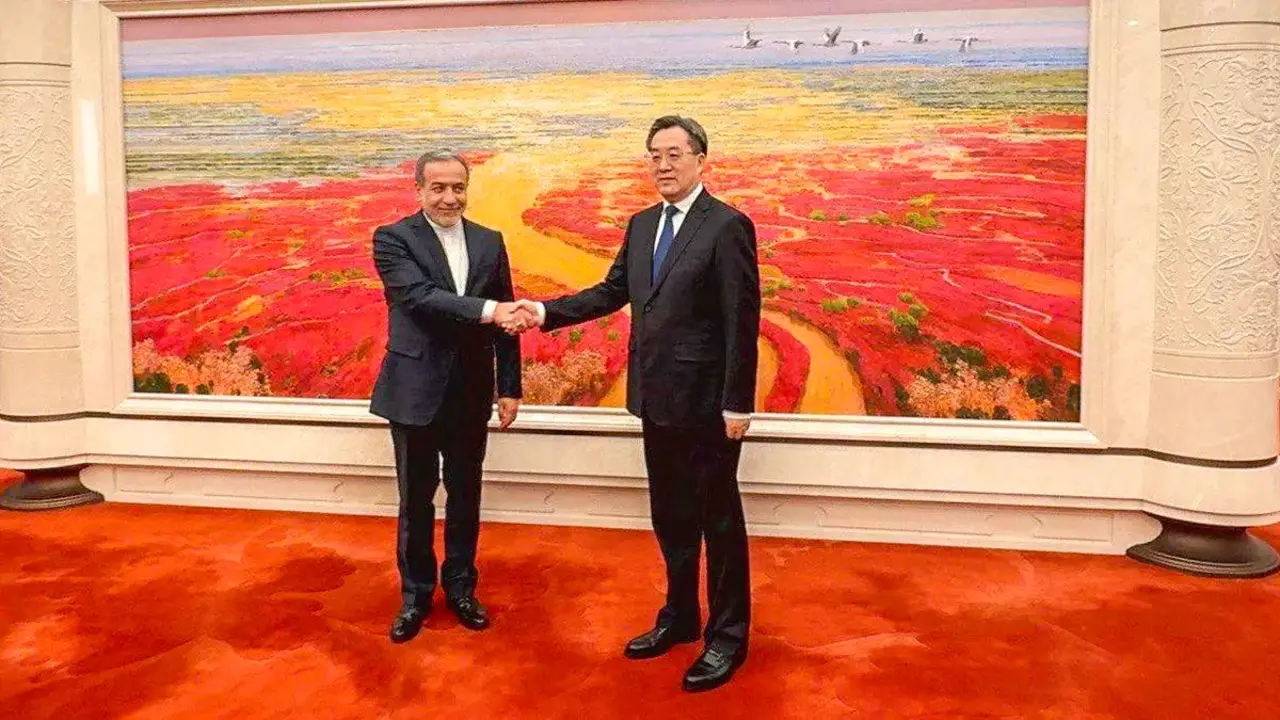Yemen remains in chaos as Turkey's plans with the Muslim Brotherhood come to light
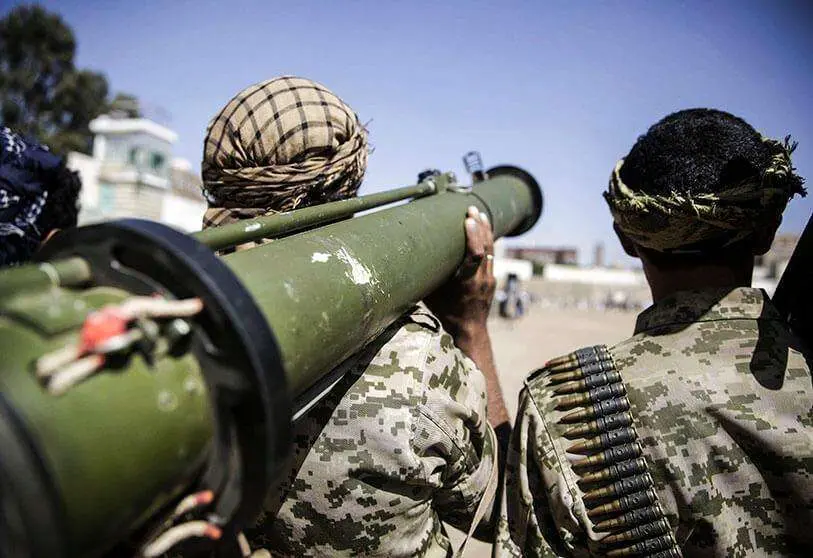
What is already the biggest humanitarian crisis since the creation of the United Nations does not seem to have an end in sight. Neither side wants to give in and there are more and more interests in Yemen. Since the Houthi coup in 2014, violent actions have been on the rise to the point that not even NGOs can reach the civilians who are suffering the consequences of this terrible war.
The Houthi militias, supported by Iran, are largely responsible for the fact that this humanitarian aid is not reaching its destination. In order to facilitate the delivery of supplies to the population, the new US administration, led by Joe Biden, decided to remove the Houthis' designation as a "terrorist organisation", hoping in return for a response that would allow the arrival of NGOs. However, Iranian-backed forces have always prevented such aid from entering the country, regardless of the US categorisation. Moreover, the militias see this decision as a step towards strengthening their position vis-à-vis a docile and permissive US.
This change in the name of the Houthi militia seems difficult to understand. This is all the more so given that just this week the Houthi terrorist group attacked the civilian airport in Abha, Saudi Arabia. "It would be very strange if the Biden administration keeps the Houthis off the terrorist list because over the last three weeks, we have seen a lot of attacks from the Houthi side into Saudi Arabia and also inside Yemen," said political analyst Hamdan Al-Shehri. These Houthi offensives against civilians are only increasing and make it very difficult to understand why the US has taken this decision.
Even so, Iran is fearful of Biden's rapprochement with the militia and is pushing for them to continue with attacks on various positions for a very clear reason, according to Al-Sheri: "Tehran is not looking for a solution to the crisis". The reasons why it is trying to prevent the arrival of humanitarian aid at all costs are on the one hand military - in an attempt to perpetuate the war - and on the other hand, of course, economic.
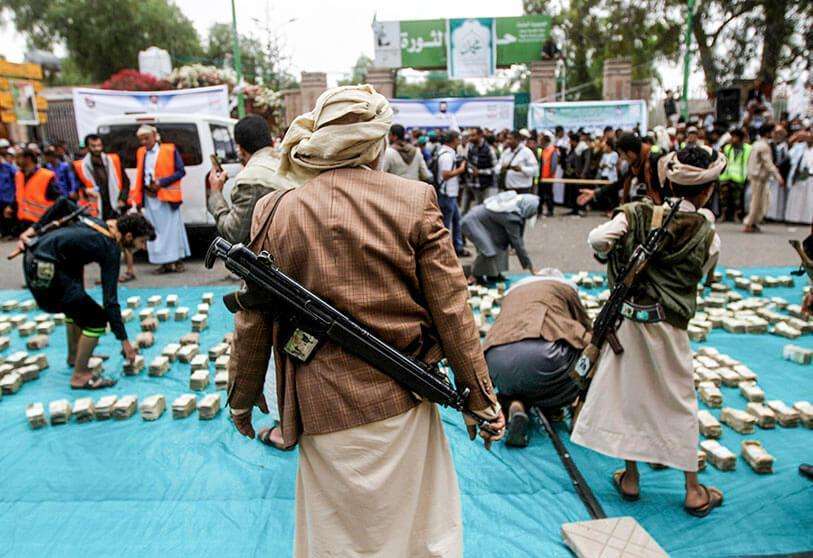
According to a report by the Associated Press (AP), in early 2020 the Houthis blocked half of the UN's aid delivery programmes in Yemen, "a heavy-handed tactic to force the agency to give them greater control over the massive humanitarian campaign, along with a multibillion-dollar cut in foreign aid". The UN received around $3 billion in international donations for Yemen's cause, but the Houthis had made granting access to areas under their control conditional on a series of conditions that would have given them greater influence over who received aid. This demand meant that 2 per cent of those donations (a figure of between 60 and 80 million dollars) ended up in the coffers of its so-called aid coordination agency, SCMCHA. What the AP also noted in its report is that "Houthi harassment, intimidation and suspicion of embezzlement have been going on for years".
What is clear is that a web of such political, arms and economic complexity is not all being worked out by the Houthi militias, far from it. Iran's role is central to the whole conflict, but it is not the only one behind it. The Muslim Brotherhood has a key position in the ongoing war in Yemen. The organisation is classified as a terrorist organisation by the United States, as it is considered one of the main inspirers of jihadist cells and advocates the most radicalised Islam.
The Muslim Brotherhood Society is the oldest Islamist organisation in the Arab and Muslim world today. Its role in this conflict is tremendously important as it is largely composed of former members of the Yemeni government who, once in exile, have served as the organisation's leadership. Examples include Hamid al-Ahmar and Abdul Majeed al-Zindani. The latter is labelled by the US Treasury Department as a "Bin Laden loyalist", posing a major threat to the country.
This is one of the most important and worrying aspects of the whole Yemeni conflict. The media outlet Al-Ain has published a report linking the Muslim Brotherhood to Recep Tayyip Erdogan's government. Ankara's objective is to carry out a joint action with the organisation to fight the Houthi militias and Iranian support.
The information published by the Arab media refers to specific meetings and actions that have taken place and will continue to take place in the near future. Al-Ain refers to Hamid al-Ahmar himself, who, according to this information, returns to public activity as one of the main figures responsible for the Turkish movements on Yemeni territory. He has been working clandestinely for the Erdogan government since he fled after the 2014 coup. But it is not only al-Ahmar who will be at the forefront of the Turkish action; Abdullah Majeed al-Zindani, son of the aforementioned terrorist Abdul, is also one of the most important branches of the Muslim Brotherhood in terms of the interests of the Turkish president.
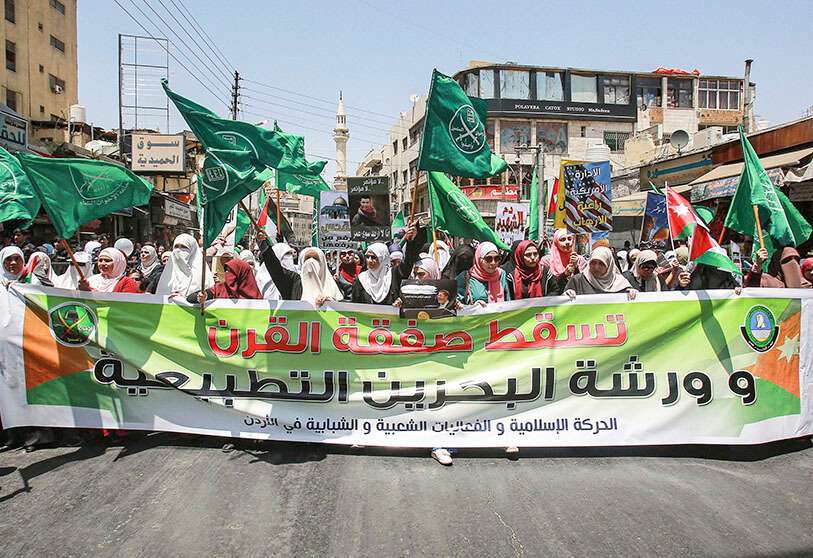
Al-Ain media reports on a meeting between Salah Bates, Hamid Al-Ahmar, Sakhr Al-Wajih, Abdullah Al-Zindani, Ahmed Al-Uqbi and Abdullah Al-Hadha from the Muslim Brotherhood and Turkish Interior Minister Suleiman Soylu, his deputy Ismail Chatakli and advisor Yasin Aktay. It covered the general aspects of the two sides' agenda and, according to the media, a plot to legitimise Ankara's interventions in the oil-rich regions and Yemen's coasts within the Arabian and Red Seas.
Hamid Al-Ahmar is lobbying Turkish officials to show their support for the Muslim Brotherhood's initiative to declare a 'Hadramout region', and for it to be controlled by the Muslim Brotherhood organisation itself, providing it with economic support and a package of privileges. At the same time, Al-Ahmar encourages the organisation's younger leaders to push for this goal. As he has also done with Yemen's internationally recognised president, Abd Rabbo Mansour Hadi.
Turkey has already launched an action plan with an ally of Islam's most extremist stripe. Erdogan aims to end as soon as possible a conflict that seems far from over, while keeping an eye on his military action in the Kurdish region, where he lost three men in an attack in northern Iraq just this week.

